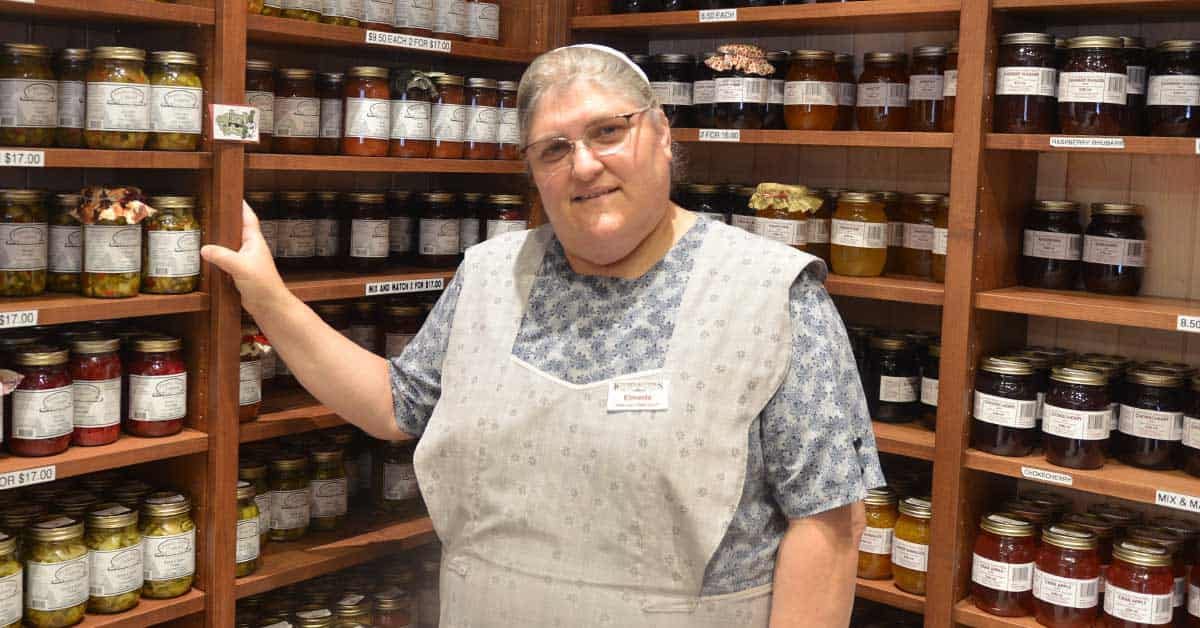;
;
;

A new report from the Ontario Chamber of Commerce (OCC) released last week claims that the province’s tourism industry will not fully recover from the impact of the pandemic until 2025. “The holidays are a perfect time for family and friends to discover adventures in Ontario. However, consumers are
Last updated on May 03, 23
Posted on Dec 22, 22
3 min read
